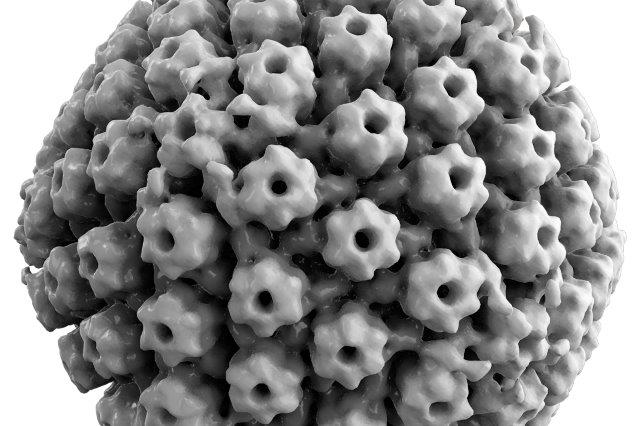Herpes reinfection mechanism identified
A University of Illinois Chicago (UIC) ocular herpes study found blocking a key protein reduced viral reinfection in mice.
The UIC team said they found heparanase is upregulated in mouse cornea cells infected with herpes simplex virus 1, promoting infected cell survival and supporting a pro-disease environment. Mice whose heparanase production was blocked showed no signs of cloudiness in their corneas after a second infection, while mice with normal heparanase showed significant signs of reinfection.
A 2022 Washington University School of Medicine study found heparanase inhibitor Roneparstat showed wide-spectrum anti-infection activities against Covid-19, human T-lymphotropic virus 1 and HIV-1, in vitro.
The UIC team’s findings suggest a target for a broad-spectrum antiviral drug, said corresponding author Professor Deepak Shukla. “This could be the wonder drug down the road," he said.
The study was published in Science Advances.


























